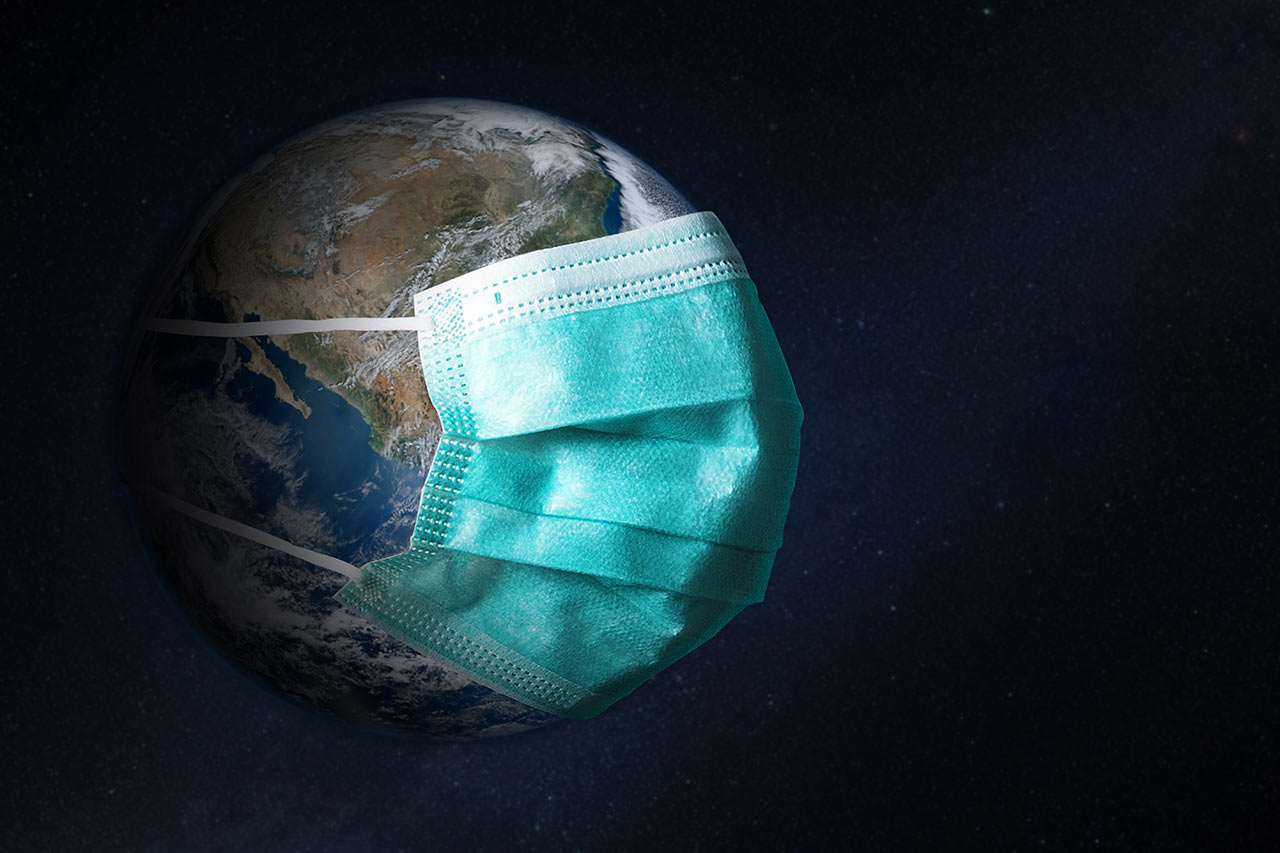Innovation and sustainability to tackle the COVID-19 crisis

The COVID-19 pandemic has spread all around the world, infecting millions and affecting the lives of everyone on Earth. Although still with a high degree of uncertainty, the World Bank is already predicting a 5.2% contraction of the global GDP this year. The overall impact may be long-lasting and there are fears it may disproportionately affect developing countries, due to their limited healthcare capacity and often high dependence on foreign financing. But while we are fighting with the direct consequences of the pandemic, it is also important to start searching for solutions that may help cope with that long-term impact in a sustainable way. With this in mind, the United Nations Industrial Development Organization (UNIDO) launched the Innovative Ideas and Technologies vs. COVID-19 and beyond call, to identify and promote solutions useful in the transition to a post-crisis reality in developing countries. The winners have been announced so let’s take a look!
UNIDO’s Global Call for innovative ideas and technologies against COVID-19
The initiative launched by the United Nations Industrial Development Organization and inspired by the Investment and Technology Promotion Office in Italy was open to innovative solutions at any stage of development, coming from a variety of stakeholders, including startups, large consortia or NGOs. They had to be scalable and help cope with the direct and indirect impact of the COVID-19 pandemic, responding to the needs of developing countries and in line with the UN Sustainable Development Goals.
Overall, more than 1000 solutions from 108 countries were submitted in 4 categories: Health Emergency, Energy and Environment, Food and Agriculture, and Resilient Industries and Infrastructure. The winners were selected by an expert jury and were announced on July 14th, 2020.
Health Emergency
This broad category, encompassing a wide variety of solutions from biotechnologies to prevention and control, had the highest amount of entries, with two winners finally being selected. The first one, ECO4CO, is a joint venture of Telespazio and e-GEOS. It combines Earth Observation and positioning satellite data, with information from the web and social networks using AI to help monitor locations of population gatherings. As a result, it can help isolate new hot spots, and forecast local medical equipment needs.
The second solution singled out in this category is a dynamic indoor real-time air and surface disinfection system developed by the Shanghai Zhizhong Environmental Protection Technology Innovation Research Institute. The technology is non-toxic, safer than alcohol disinfection and faster than UV or ozone disinfection. It inactivates both bacteria and viruses and uses oxygen and water molecules in the air with a high-pressure dielectric barrier discharge to form the disinfection agent.
Energy and Environment
The solutions within this category were meant to tackle waste management and renewable energy in healthcare, as well as water management. The winner, EcoWorth Tech, decided to tackle the latter issue. The Singaporean startup developed a Carbon Fiber Aerogel for wastewater purification. The material removes liquid organic contaminants from the water and can be made from cellulose-based materials, e.g. wastepaper. The created filters can be regenerated and reused. Additionally, it allows for easy recuperation and potential valorization of the captured organic compounds and is up to 20 times cheaper than the low-cost alternatives in use today.
Food and agriculture
The challenge of preserving perishable goods in difficult conditions is an issue that was taken on by the winner of this category- ColdHubs. The company from Nigeria developed modular, walk-in, solar-powered cold stations for 24/7 off-grid storage and preservation. The insulated and refrigerated stations extend the shelf-life of fruits or vegetables from 2 to about 21 days. What is also of note is their sustainable business model. Stations are placed in major food retail or production areas, like markets or farms, with farmers engaging in a pay-as-you-store subscription model, paying for the amount stored and the duration of storage. Such a solution reduces food waste and increases what farmers can sell, increasing their income.
Resilient industries and Infrastructure
The winner within this category, the Austrian Plasticpreneur, creates mobile plastic recycling machines. The company aims to support income-generating social businesses around the world, all while removing plastic waste from the environment. For this call, they have developed a system to create face shields from PET bottles and other plastic waste, which may be extremely valuable in regions struggling with PPE shortages. The machines can also be easily set up and operated without extensive training, promoting social entrepreneurship.
The COVID-19 crisis has not only brought about new problems but also exacerbated existing issues, especially in developing countries. While it is important to fight with its direct consequences, searching for solutions that, like the ones in this article, go beyond and tackle the persistent issues, is important for countries to be able to move forward. At Alcimed, we are truly excited to see these innovations appearing and believe the pandemic will be the impulse for even more sustainable solutions to emerge.
About the author
Kinga, Consultant in Alcimed’s Healthcare team in Belgium
Do you have an exploration project?
Our explorers are ready to discuss it with you